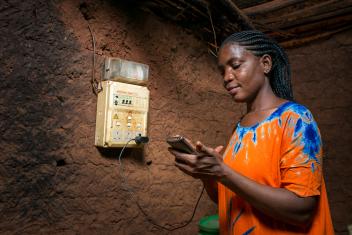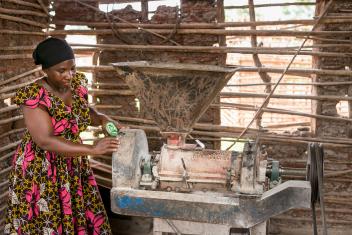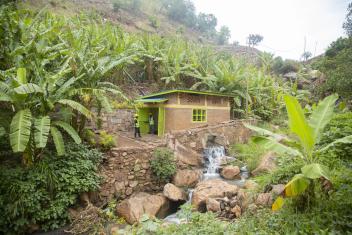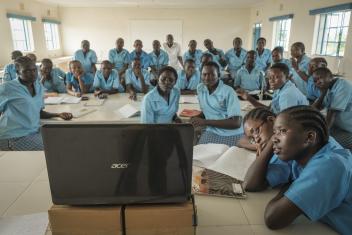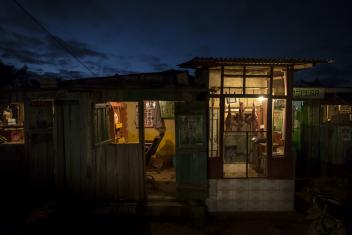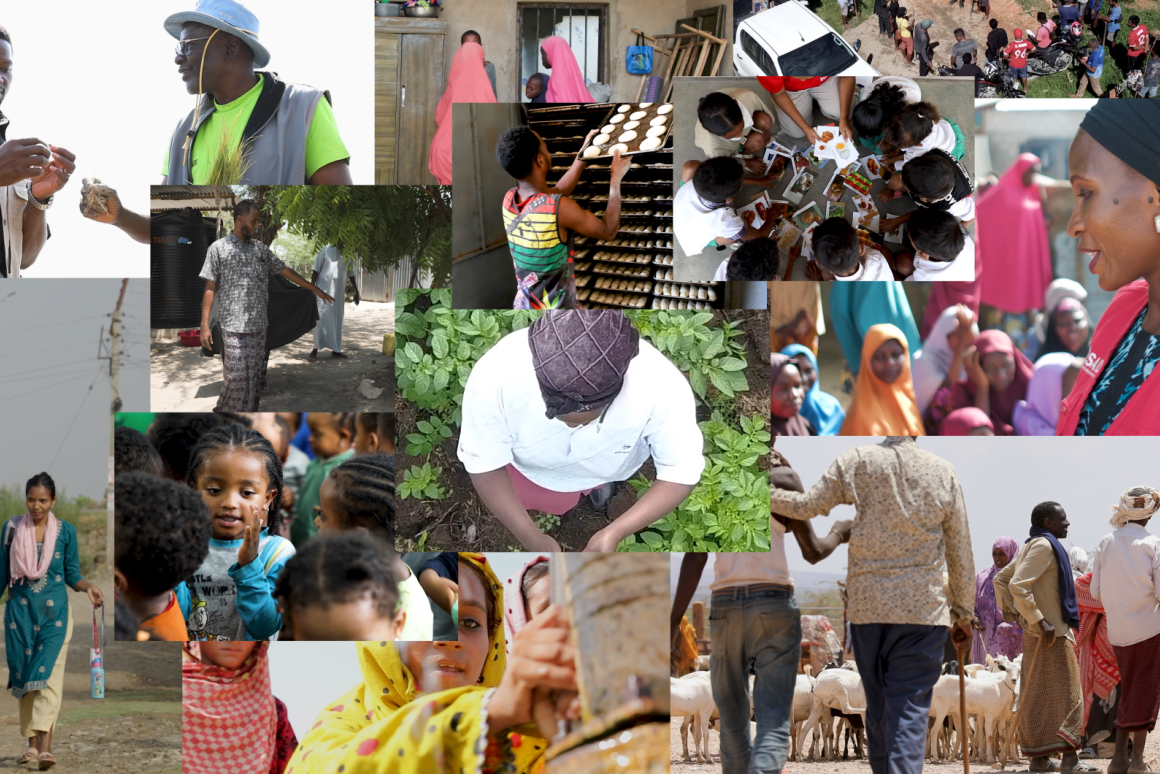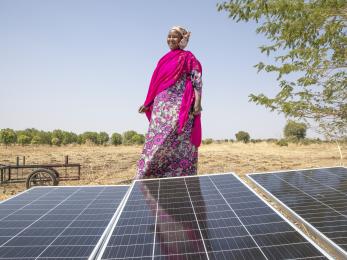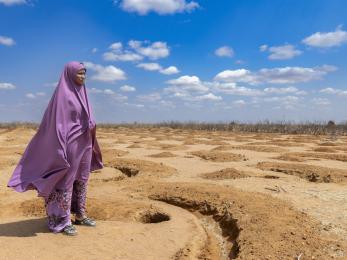Connecting power to the people: Mercy Corps merges with Energy 4 Impact
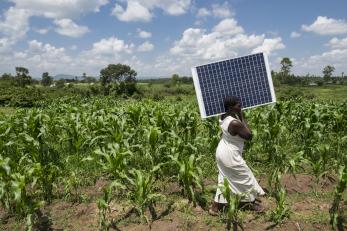
Today, Mercy Corps and Energy 4 Impact join forces to increase access to climate-smart, sustainable energy, improving the lives of millions of people around the world. As a part of the Energy 4 Impact team, I’m excited to help bring our energy expertise into Mercy Corps’ humanitarian and development programs. Together we can reach a whole new level of impact and scale that can help transform communities like my own.
While I was growing up in Tanzania, it was common for households to lack access to electricity. I grew up in the northeastern region, at the base of Mount Kilimanjaro, in the small city of Moshi. Our family couldn’t afford to connect our home to the local electrical grid, nor could my grandparents who lived in rural Moshi where access to energy was even more scarce. As a child, I was more worried about whether the dormant volcano might wake up one day than I was about electrifying our house.
A lot has changed since my childhood days of studying by a weak kerosene lamp. By the time I graduated from secondary school, my mother had raised enough funds to connect our home to electricity. I went on to earn an MBA at University of Dar es Salaam, living in the city now with my own family, and have found a passion for helping families access energy and boost their livelihoods.
In 2018, I joined Energy 4 Impact and was excited to share business development ideas on my first project in rural Tanzania. We were trying to increase access for rural communities to the national grid to improve livelihood opportunities, and we found entrepreneurs required more than access alone to start and grow their businesses. While energy is available in almost 70% of rural areas, merely 24.5% of rural households are actually connected to electricity. Availability does not equate to connectivity in these villages because of barriers like the cost of linking to the grid. So we provided entrepreneurs with basic information from how to obtain equipment for the type of businesses that would do well in their villages to workshops on applying for microfinance loans to support them with the cost of connection and help them generate income from the electricity.
One of my favorite success stories from working with entrepreneurs was a Tanzanian woman we hired as a community liaison in her village. Amina introduced us to village leaders and helped us organize meetings while we planned our outreach to people who were connected to the grid and in newly electrified areas. We supported entrepreneurs who were interested in starting or improving their businesses with equipment powered by electricity. From working closely with us, she developed an interest in becoming an entrepreneur herself. Amina attended our financial management training and we linked her to a microfinance institution where she received a loan for a milling machine. We were happy to learn recently her milling business has grown so much that she has a warehouse and distributes flour to nearby cities.
Amina’s story is one of many where we supported entrepreneurs to create jobs and increase profits. In 2020, with other regional offices in Kenya, Senegal, Benin, and Rwanda, Energy 4 Impact helped more than 1,200 businesses across East and West Africa—47% of them owned by women—to use electricity to increase productivity in enterprises like carpentry, welding, and restaurants.
In addition to working with entrepreneurs, we’ve supported the installation of solar power for schools, health clinics, and in remote rural areas, informal settlements and refugee camps in Kenya, Uganda, and Rwanda. In order to help rural communities build climate resilience, we also promote climate-smart agriculture and technologies like irrigation systems, cold storage, and equipment—all powered by solar energy. And to reduce indoor air pollution, we support local cookstove companies and are researching how to accelerate the transition from biomass to clean cooking fuels such as renewable electricity.
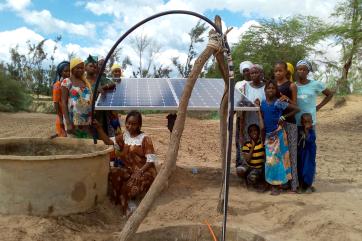
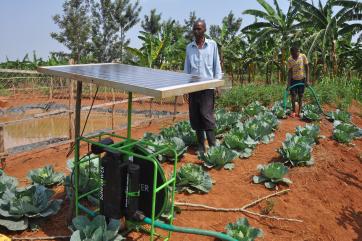
Everyday I am excited by our work to create sustainable energy solutions and the merger with Mercy Corps will be deeply impactful in reaching more communities. Together we can help farmers grow more food, schools connect to new technology, and health clinics provide 24-hour care. I can’t wait to expand and provide our sustainable energy expertise to greater humanitarian and development programs in Africa and beyond.
